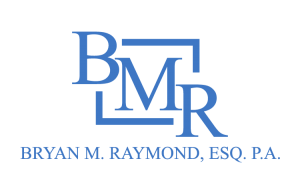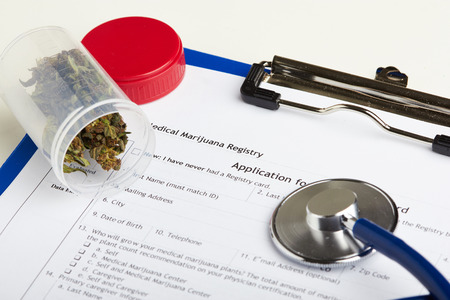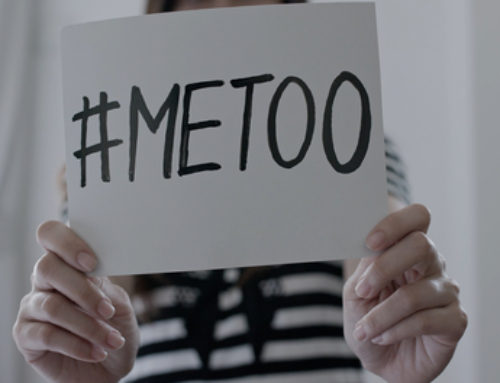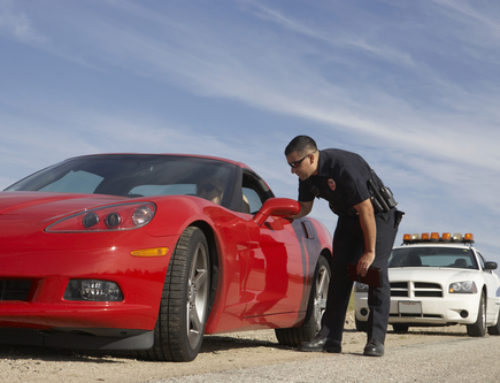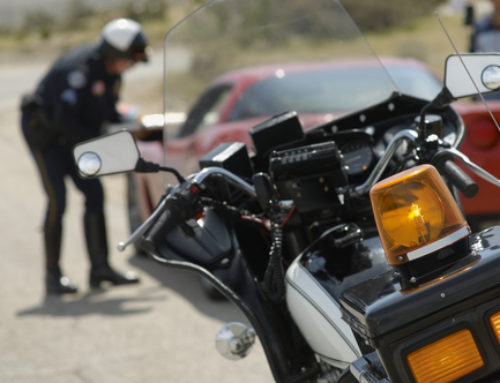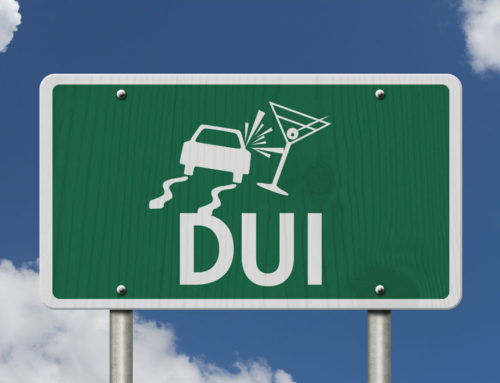Recreational Marijuana legalization in various states, most notably Colorado and Washington State, has drawn quite the stir in recent years as many states have legalized the sale and use of marijuana for either recreational use, medicinal use or both. Possession of marijuana is still a federal crime under the federal Controlled Substance Act, although prosecuting individuals for this crime has not been a priority for federal officials in recent years.
Not one to miss the party, Florida voters approved a ballot measure that allowed the consumption of marijuana in certain situations where it is deemed medically necessary. However, many Floridians do not understand the scope of what is and is not permissible under Florida law as it relates to the sale, possession or use of marijuana in the Sunshine State. Unfortunately for some Floridians, the circumstances under which someone can possess and use marijuana are very specific and only constitute the use of the drug by those with qualifying medical conditions who have a prescription for the drug from a certified physician for Amendment 2.
Amendment 2 Changes Florida Law Regarding the Possession and Consumption of Marijuana
In 2016, over 71 percent of Florida voters voted in favor of a constitutional amendment, which allows the use of medicinal marijuana in the Sunshine State. Amendment 2, or the Florida Medical Marijuana Legalization Initiative as it was known, legalized the use of marijuana for individuals with certain debilitating diseases or conditions as determined by a certified physician for Amendment 2. The law went into effect on January 3, 2017.
However, the law is not settled on what patients can receive medicinal marijuana and what conditions qualify for the use of medical marijuana in Florida. Amendment 2 defined “debilitating medical conditions” for which medical marijuana was available to include cancer, epilepsy, glaucoma, HIV, AIDS, Crohn’s disease, post-traumatic stress disorder, Parkinson’s disease, ALS, MS or what the Amendment defined in a catch-all provision as “a debilitating medical condition … for which a physician believes that the medical use of marijuana would likely outweigh the potential health risks for a patient.” This last part of the Amendment is currently being hashed out by state regulators and lawmakers. Florida’s Department of Health has proposed allowing the Florida Board of Medicine to decide what conditions could qualify a patient for medical cannabis versus leaving it to each certified physician’s medical judgement to determine whether someone should be permitted to use medical marijuana or not.
As it currently stands, if an individual has a qualifying medical condition, he or she can obtain a prescription for medical marijuana from a certified physician for Amendment 2 and then obtain a medical marijuana card that allows him or her to purchase marijuana from state-licensed dispensaries. The card does not entitle someone to just buy the drug off the street or from a friend for medical use.
Florida’s Existing Criminal Law Regarding the Possession and Consumption of Marijuana
Amendment 2 did not change anything related to the possession, sale or use of marijuana for non-medicinal purposes and by individuals who do not have one of the medical conditions that would qualify them to have a prescriptions for medical marijuana. Under Florida state criminal law, the possession, sale or trafficking of marijuana is still illegal. Amendment 2 did not change Florida’s recreational drug possession laws. Someone who drives while high can still be arrested for driving under the influence of marijuana. The same is true for someone who is smoking cannabis in public or is caught by police with marijuana in their possession. The penalties can range from up to one year in jail for possession of up to 20 grams of marijuana or a third degree felony if an individual attempts to sell marijuana. Amendment 2 also does not affect federal law, which completely prohibits marijuana possession and distribution, even for those with the medical conditions for which Florida law permits the user to obtain a medical marijuana card and purchase and use medical marijuana.
Contact Experienced West Palm Beach Criminal Defense Attorney Bryan Raymond if You Have Been Arrested For or Charged With Possession, Sale, Or Trafficking of Marijuana in Palm Beach County
West Palm Beach criminal defense attorney Bryan Raymond is experienced in representing criminal defendants in federal and state drug crimes, including possession, distribution, and trafficking of marijuana or other controlled substance offenses. He knows the ins and outs of the current Florida laws relating to marijuana use and possession and he uses that knowledge to provide his clients with skilled, aggressive representation. If you have been accused of marijuana possession or some other drug offense in Palm Beach County, contact experienced West Palm Beach criminal defense attorney Bryan Raymond today at (561) 682-1115 or [email protected].
Copyright: megaflopp / 123RF Stock Photo
